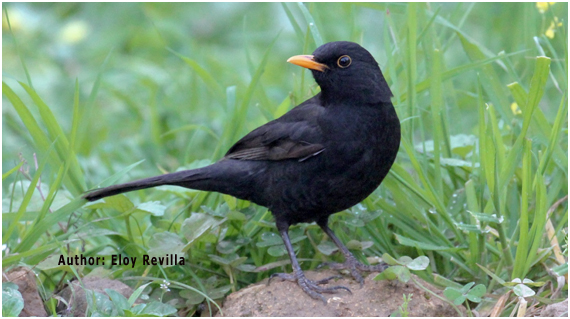Urbanization, one of the most extreme human-induced environmental changes, represents a major challenge for many organisms. Anthropogenic habitats can have opposing effects on different fitness components, for example, by decreasing starvation risk but also health status. Assessment of the net fitness effect of anthropogenic habitats is therefore difficult. Telomere length is associated with phenotypic quality and mortality rate in many species, and the rate of telomere shortening is considered an integrative measure of the ‘life stress' experienced by an individual. This makes telomere length a promising candidate for examining the effects of urbanization on the health status of individuals. Here, telomere length difference between urban and forest-dwelling common blackbirds is investigated. Using the terminal restriction fragment assay, telomere length in yearlings and older adults is analysed from five population dyads (urban versus forest) across Europe. In both age classes, urban blackbirds had significantly shorter telomeres than blackbirds in natural habitats, indicating lower health status in urban blackbirds. Several potential hypotheses are proposed to explain these results. Findings show that even successful city dwellers such as blackbirds pay a price for living in these anthropogenic habitats. informacion[at]ebd.csic.es Ibáñez-Álamo et al (2018) Urban blackbirds have shorter telomeres. Biol Lett DOI: http://dx.doi.org/10.1098/rsbl.2018.0083
http://rsbl.royalsocietypublishing.org/content/14/3/20180083

 Las altas temperaturas están provocando que las lagunas y las marismas de Doñana pierdan agua rápidamente
Las altas temperaturas están provocando que las lagunas y las marismas de Doñana pierdan agua rápidamente




